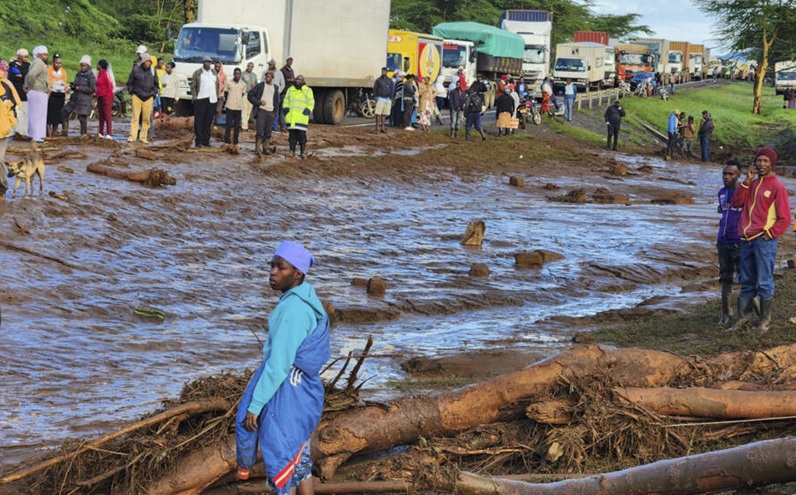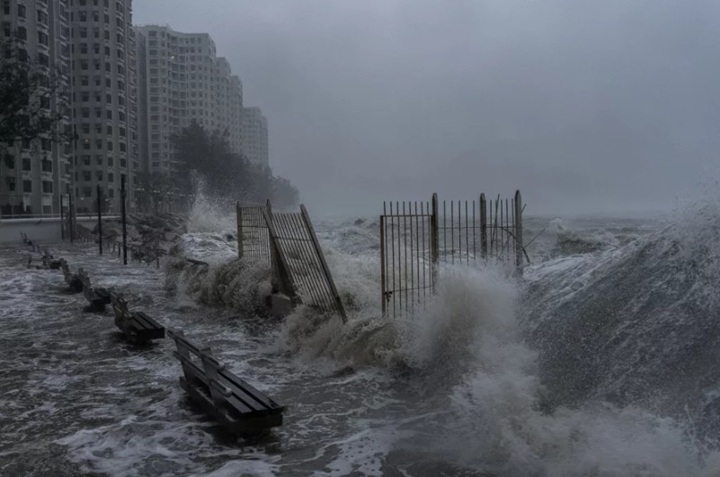Amidst the picturesque landscapes and vibrant communities of Kenya, a recent spate of heavy rains has brought about devastating floods, particularly in the capital city of Nairobi. Reports indicate that at least 71 lives have been lost, with 91 individuals still missing as of the latest update.
The town of Mai Mahiu, located northwest of Nairobi, has been hit especially hard, with 76 people missing following flooding in the area. According to locals and first responders, the disaster was triggered by water bursting through a blocked tunnel under a railway bridge.
In addition to those missing, nearly 191,000 Kenyans have been displaced, surpassing figures from just the day before. Nairobi County alone accounts for 77% of all displacement, with approximately 147,000 residents seeking refuge in 52 displacement camps set up by the government.
Isaac Mwaura, a government spokesperson, expressed concerns about the forecast, which predicts continued rainfall across the country from April 30 to May 6. This ongoing weather pattern threatens to exacerbate the already dire flooding situation.
The humanitarian response has been swift, with the government providing food, shelter, and other essential items to those affected by the floods. Rescue and evacuation efforts are also underway to ensure the safety of residents in affected areas.
The recent heavy rains are part of a broader climate phenomenon, with the IFRC Secretary General and CEO, Jagan Chapagain, attributing the crisis to the combined effects of El Niño and the ongoing March-May 2024 long rains. This has led to devastating floods and river overflows, claiming more than a hundred lives since November 2023.
The situation in Kenya has been further complicated by the impact of prolonged drought, which left the soil hardened and unable to absorb the heavy rainfall. This drought, exacerbated by climate change, has led to significant losses in livestock and crops, contributing to widespread hunger and water insecurity.
As Kenya and other parts of East Africa continue to grapple with the effects of extreme weather events, it is imperative for governments and communities to work together to build resilience and mitigate the impact of climate change on vulnerable populations.
(Source: BBC | CNN | NYT)









